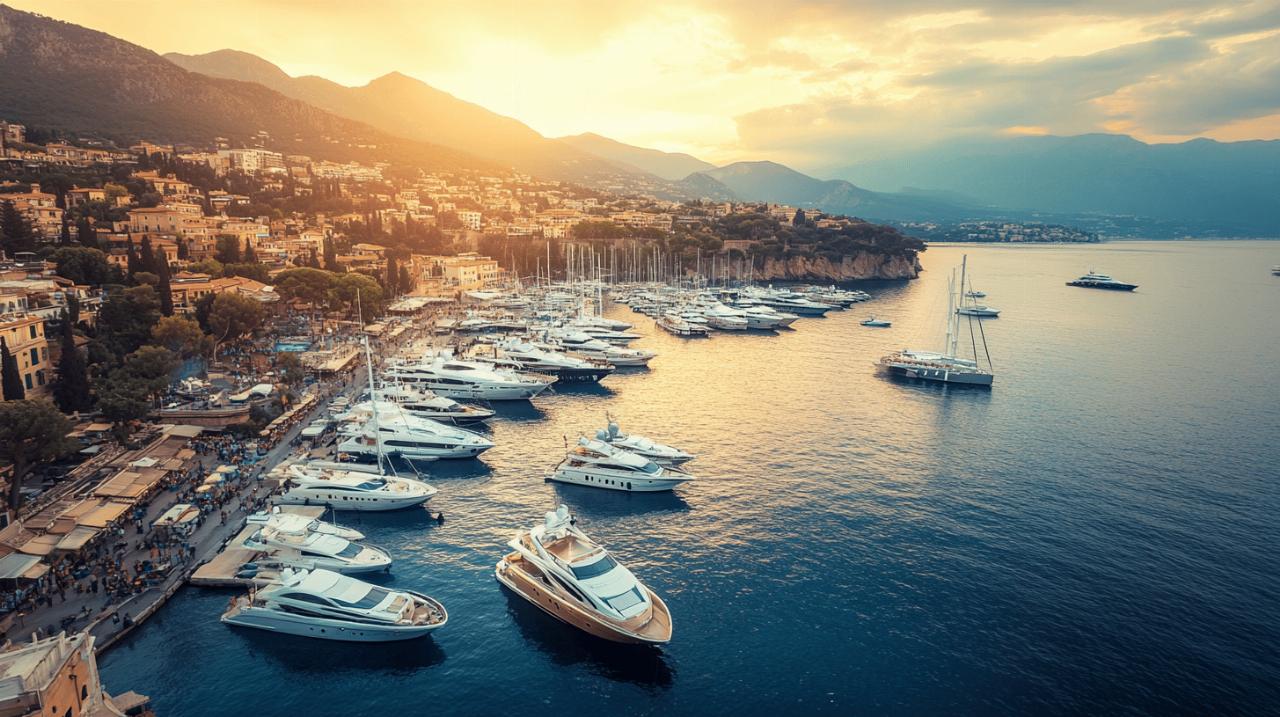The Mediterranean region has long been a melting pot of culture, commerce, and leisure, attracting millions of visitors each year while simultaneously functioning as a vibrant hub for international business. This dual identity has created a unique ecosystem where work and pleasure often intertwine, leading to innovative approaches in both tourism and commerce. You can discover more about these fascinating developments on https://www.safesardinia.it/, which offers insights into traditional Mediterranean experiences alongside modern travel trends.
Holiday patterns across mediterranean destinations
The Mediterranean tourism landscape is evolving rapidly, with significant shifts occurring in how visitors experience this storied region. Traditional summer holidays centered exclusively on beaches are giving way to more diverse and distributed travel patterns. European travelers are increasingly opting for multiple shorter breaks throughout the year rather than single extended summer vacations, potentially doubling from two to four trips annually in countries like Spain. This change reflects broader adjustments in work-life balance priorities and the growing popularity of bleisure travel—the practice of combining business trips with leisure activities.
Changing tourist preferences in coastal regions
The conventional Mediterranean tourism model built around the simple promise of 'sun, sea, and sand' is showing signs of exhaustion as visitor motivations become more complex. Today's travelers seek authentic experiences that connect them with local culture, history, and gastronomy. Catalonia exemplifies this evolution through initiatives like the Catalunya Convention Bureau's “Fifty-Fifty” campaign, which emphasizes the harmonious blend of Mediterranean lifestyle with business innovation. The region boasts over 300 days of sunshine annually and more than 300 miles of coastline, making it an ideal destination for those who wish to combine professional responsibilities with leisure activities.
Barcelona has established itself as a top international meeting destination, while Girona, Lleida, and Tarragona offer diverse meeting spaces that cater to various business needs. The region also features rich cultural heritage, including over 10 UNESCO World Heritage sites and a renowned culinary scene that will be celebrated when Catalonia is recognized as the World Region of Gastronomy in 2025. With more than 50 Michelin-starred restaurants utilizing local ingredients, visitors can experience Mediterranean cuisine at its finest.
Sustainability initiatives reshaping mediterranean tourism
Environmental consciousness is transforming tourism practices across the Mediterranean, with eco-friendly venues and sustainable initiatives becoming increasingly prominent. Regions like Vall d'Aran, which obtained the Biosphere Responsible Tourism certificate in 2014, are leading this charge. The Olot-Girona-Lloret Alliance demonstrates this new approach by creating innovative itineraries that combine city experiences with sea and mountain adventures, encouraging visitors to explore beyond coastal areas.
This shift toward sustainability represents a necessary correction to the traditional model of intensive coastal development. Tourism authorities are implementing sustainable policies and promoting travel to interior regions, addressing both environmental concerns and the need to distribute tourism benefits more widely. The BEFuture project exemplifies this trend, aiming to transform Europe's Business Events sector through enhanced sustainability, inclusivity, and resilience practices that could serve as a model for the entire Mediterranean region.
Commercial developments in mediterranean markets
 The Mediterranean business landscape is experiencing profound transformation driven by changing global economic patterns and technological innovation. Barcelona has emerged as a powerhouse for international events, hosting major gatherings like the Mobile World Congress, Smart City Expo World Congress, and Integrated Systems Europe. In April 2024, the McDonald's Worldwide Convention brought 14,000 attendees to the city, while the UN Inter-Agency Games attracted 1,600 members to Lloret de Mar in October of the same year.
The Mediterranean business landscape is experiencing profound transformation driven by changing global economic patterns and technological innovation. Barcelona has emerged as a powerhouse for international events, hosting major gatherings like the Mobile World Congress, Smart City Expo World Congress, and Integrated Systems Europe. In April 2024, the McDonald's Worldwide Convention brought 14,000 attendees to the city, while the UN Inter-Agency Games attracted 1,600 members to Lloret de Mar in October of the same year.
Cross-border trade networks and maritime commerce
Maritime commerce continues to be the backbone of Mediterranean economic activity, with coastal cities serving as vital nodes in cross-border trade networks. The region's strategic position between Europe, Africa, and Asia makes it an essential corridor for international commerce. The Barcelona Process and Euro-Mediterranean Partnership have worked to strengthen these connections, addressing not only economic concerns but also political, environmental, cultural, and social dimensions of regional cooperation.
The rising importance of bleisure travel is creating significant economic impacts across the Mediterranean. Business travel is growing at an impressive rate of 19% annually, outpacing leisure travel's 11% growth according to the WTM Global Travel Report 2024. This trend carries substantial economic benefits, as every dollar spent on business travel generates approximately $12.50 in revenue. Cities like Barcelona rank among the world's top bleisure destinations alongside New York, London, and Tokyo, attracting professionals who extend their business trips to enjoy the Mediterranean lifestyle.
Digital Transformation of Business Practices in the Region
Technology is revolutionizing how business operates in the Mediterranean, with digital tools enabling new forms of work and collaboration. The growing community of digital nomads represents one facet of this transformation, with professionals choosing to base themselves in Mediterranean locations while working remotely for companies around the world. This trend is reshaping local economies and creating demand for specialized services, including postal solutions for mobile professionals.
National Car Rental studies indicate that 91% of bleisure travelers report better work-life balance compared to 79% of those who don't mix business with leisure. Furthermore, a 2022 Forbes survey found that 55% of business travelers want to extend trips specifically to improve their work-life balance. This shift can also deliver financial benefits, with bleisure travelers potentially saving around £2,500 annually by converting work trips into partial holidays. As these trends accelerate, there is a growing call for a defined and shared European tourist policy for the Mediterranean region that can address the complex interplay between tourism, business, and sustainability challenges.
